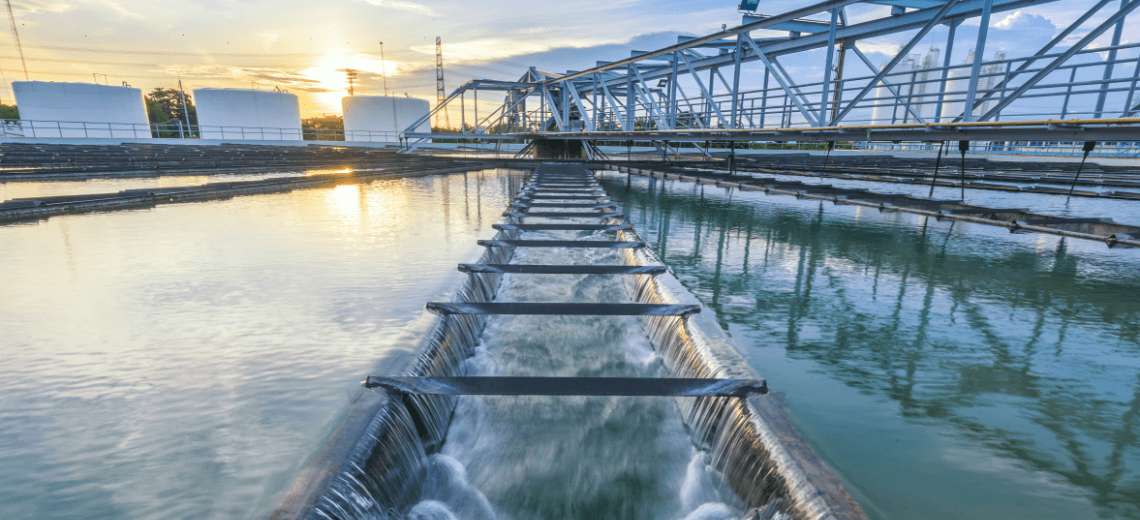The top five tips for wastewater operators to keep on top of their plants
We spoke with Adam Burns, Digital Systems Support Consultant at Ramboll Water Operations. Adam is a seasoned, experience professional within the Wastewater world, looking… read more
Dec 01, 2020
# of Minutes to Read

We spoke with Adam Burns, Digital Systems Support Consultant at Ramboll Water Operations. Adam is a seasoned, experience professional within the Wastewater world, looking after the configuration, training, and upkeep of the multiple data systems tracking maintenance, operational performance indicators, and safety procedures.
These were his top five tips for wastewater operators to integrate into their jobs to avoid a messy, costly plant upset

Look at your waste water treatment plant every day.
The daily plant tour is one of the most important operator jobs. While you are collecting samples and logging various readings you should be looking at everything in the plant. Over time you will begin to notice subtle changes that will warn you when things are about to go wrong; e.g. a mechanical seal on a pump that is starting to drip, a compressor bearing that is starting to whine, a change in the color and odor of your return sludge… All these are signs that an experienced Plant Operator should immediately notice and take action on.
Monitor influent loading and effluent quality closely.
Sometimes the first indication that you’re headed for trouble comes from the numbers you get from the lab each day. Watch the data closely and look for trends. Data management software can be extremely useful here, but if you don’t have access to these digital tools you can still review the data manually and review past history to look for changes.
Stay current on preventive maintenance.
Don’t let little problems become big ones. Running equipment until it fails is never cost-effective, and major equipment failures often lead to stressful crisis management situations. Maintain your equipment according to the manufacturer’s recommendations and address minor corrective maintenance items early to prevent major failures. This also applies to routine housekeeping and cleanliness. Clean up the small mess before it becomes a big one and be sure to also address the issue that created the mess in the first place.
Develop contingency plans before you need them.
Walk through your plant and as you pass each piece of equipment, ask yourself what you would do if it suddenly failed. Small pumps and pipelines may be easy to repair, but what would you do if a major tank had to be taken out of service? Or if your solids handling facilities had to be shut down? What if your aeration compressors / blowers failed? Ideally you want to have a written plan of action to deal with these types of failures, to include rental equipment company contacts, cost and delivery time estimates, and basic procedures to follow in the event of a crisis.
Never stop learning.
There are always new products and new technologies being released. Read about these new ideas and talk to operators at other sites to learn about how they work (or why they don’t work). Maintain a file of interesting products and contact information for the companies that sell them. You never know when you might find a superior solution that will help your plant run better.
Final thoughts
Adam strongly suggests that operators routinely monitor the bacterial levels in their plants, just as he did when he was an operator. Opseyes simplifies this process, allowing operators to get ahead of filamentous issues that could cause a major upset. And you can try it for free. Simply make an account, upload photos of your sample, and get a report in under 10 minutes.